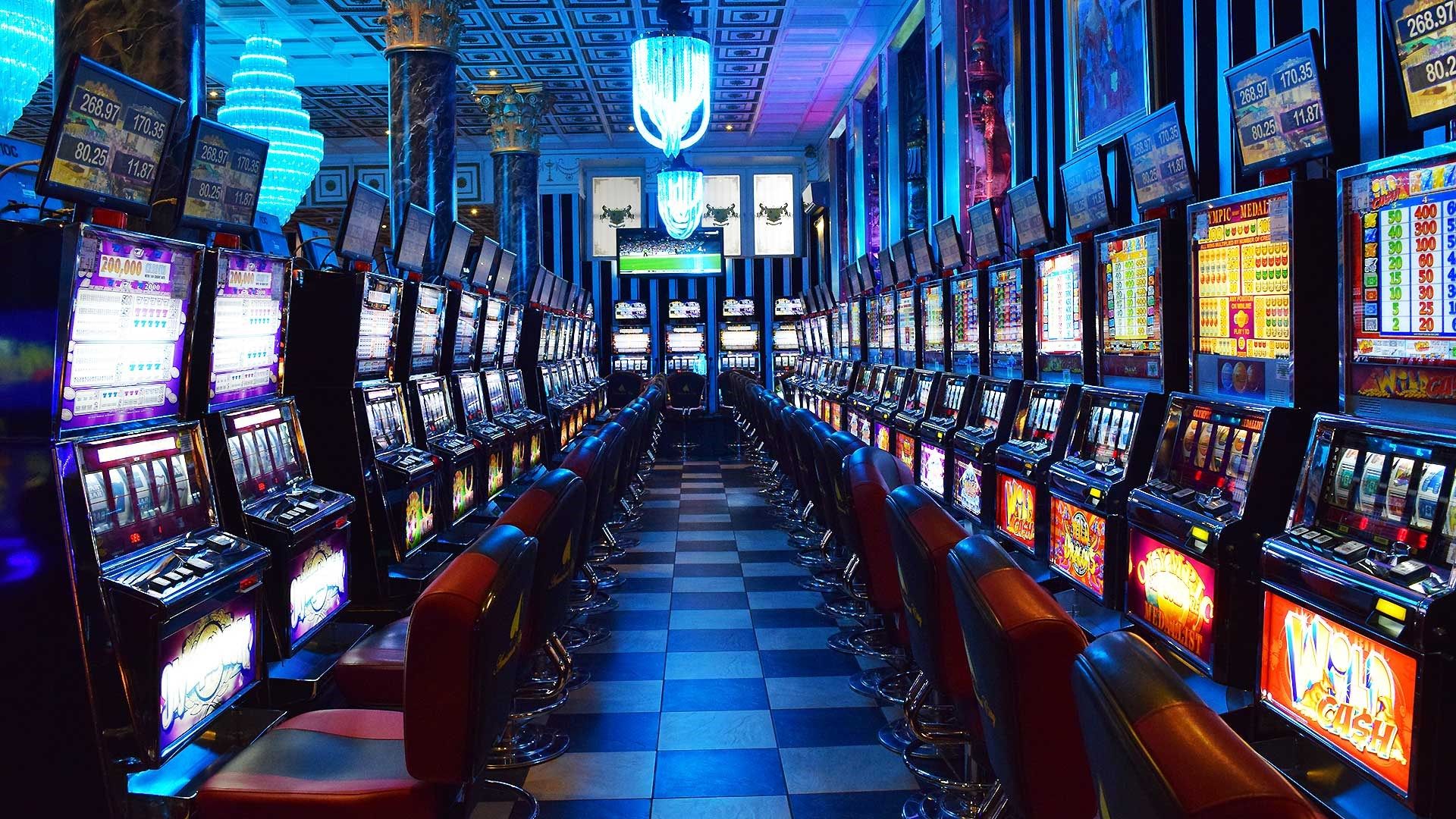Examining the Morality of Gaming Casinos

Casino gaming has long been a subject of fascination and controversy, drawing in millions of players globally. With a mix of luck, strategy, and the thrill of uncertainty, casino games offer an exhilarating escape from everyday life. However, as entertainment becomes ever more accessible, it calls for a more thorough examination of the ethical implications surrounding these games.
At the heart of the discussion lies the issue of whether casinos promote responsible gaming or take advantage of at-risk individuals. The appeal of potential winnings versus the truth of losses can create a challenging dynamic, and understanding this balance is crucial for both players and operators. As we delve into the ethics of casino gaming, we will explore the duties of casinos, the impact on society, and the steps that can be taken to foster a better gaming environment.
The Impact of Casino Gaming on Society
Gambling in casinos has a significant influence on societal dynamics, affecting not only the economy but also social behaviors and local frameworks. The income generated from casinos can lead to employment opportunities and boost local economies, as they provide various employment opportunities in multiple fields including food and beverage, entertainment, and shopping. However, while the economic advantages can be significant, communities often grapple with the possible negative impacts that arise from increased gambling activity.
Moreover, the presence of casinos can lead to an increase in gambling addiction, presenting significant challenges for players and families. The excitement of casino games can quickly evolve into a compulsive habit, affecting personal relationships and leading to financial instability. Many players may struggle with the loss of control over their gambling habits, resulting in a need for community support services and help to address this growing issue. The social cost of addiction can ripple through families and neighborhoods, creating an urgent need for responsible gaming initiatives.
In addition to the economic and social consequences, casino gaming often reflects cultural attitudes towards uncertainty and leisure. It can encourage a sense of excitement and leisure, attracting tourists and boosting tourism. However, this allure may also mask the broader implications of gambling as a form of entertainment, raising ethical questions about its advertisement and availability. As communities weigh the advantages and disadvantages of casino gaming, the need for sensible approaches and oversight becomes increasingly critical in ensuring that the beneficial elements are enhanced while reducing the potential harms.
Ethical Issues in Betting Activities
The morality of casino gaming often revolve around the potential for dependency and its consequences on individuals and families. Betting can lead to serious financial distress, impacting not only the betters but also their loved ones. As people become entrapped in the allure of winning, many lose track of their budget, which can result in catastrophic results such as insolvency. This poses moral questions about the duty of casinos in fostering responsible gambling practices and providing support for those who may be struggling with betting addiction.
Another major issue is the advertising of betting to at-risk groups. Casinos often aim at low-income individuals or communities with the promise of quick gains, which can continue patterns of poverty and hopelessness. In this context, the morality of advertising strategies used by casinos come under scrutiny, as they may exploit the desperation of people seeking an way out from economic troubles. This exploitation raises moral questions about the integrity of the gambling industry and its obligation to protect its most vulnerable customers.
Additionally, the impact of casino gaming on the community as a whole cannot be overlooked. While some argue that casinos create employment and stimulate local economies, others point to the community costs associated with dysfunctional betting, increased crime rates, and a strain on public resources. Balancing economic benefits with the risk for social harm presents a challenging moral dilemma for lawmakers and casino operators alike. The difficulty lies in discovering a responsible approach that takes into account the welfare of individuals and communities while still allowing for the pleasure of casino gaming.
Regulatory System and Duties
The legal structure pertaining to casino operations is developed to ensure equity, honesty, and gambler security. Multiple government entities and casino commissions establish and enforce regulations that dictate how casino games operate, the guidelines for game design, and the procedures for processing winnings. These regulations vary by locale but typically involve licensing requirements for operators and rigorous measures to prevent fraud and fraud. sportwetten ohne OASIS
In also to governing bodies, casino establishments bear major responsibility in preserving moral standards within their facilities. They must enforce ethical gambling practices that support gambler protection and consciousness, including providing self-limitation options and sharing information about the dangers connected to betting. Establishments are also obligated for instructing staff to recognize signs of compulsive gaming and understand the appropriate measures to help patrons in need.
Moreover, openness in casino operations is essential for gaining and maintaining public confidence. Operators should present clear data about the chances of activities, advertising opportunities, and any related hazards. By fostering an atmosphere of transparency and responsibility, casinos can help reduce the possible adverse impact of betting while enhancing the complete gambling experience for all participants.
